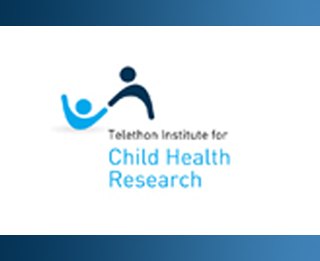
The study will keep tabs on language delay from two years of age up to late adolescence. It will make use of data collected from the long running Raine Study. Scientists believe that though late-talkers seemingly face high rates of behavioral and emotional issues at two years, these problems do not tend to continue.
“We assessed the children at two years of age and at several time-points up to 17 years and found that while the late-talkers had increased levels of psychosocial problems at age two, they were at no more risk for these problems at later ages. We suggest that the behavioural and emotional problems identified at two years are due to the psychosocial difficulties of not being able to communicate, such as frustration. However, when the late-talking children ‘catch-up’ to normal language milestones – which is the case for the majority of children by school-age – the behavioural and emotional problems are no longer apparent,†shared Dr Whitehouse. Study leader Associate Professor.
1,387 children from the Raine study were the participants of the analysis. Among them, 1245 children achieved normal language by two years of age and 142 were late-talkers. The results arrived from a parent-completed Language Development Survey at two years of age and the Child Behaviour Checklist that was done at 2, 5, 8, 10, 14 and 17 years of age. According to investigators, the results assure parents of late-talkers that their language delay may not be the apparent cause or risk factor of further behavioral and emotional problems coming in at a later stage of life.
Dr Whitehouse suggests that parents must not display over-concern whether their late-talking child will have psychological difficulties or no in the future. Many studies say that late talking children will eventually catch up with the language efficiency of other children. Parents need to interact with their children on a daily basis, read books for them, play with them and help build their communication skills. However, a sign of caution does state that language problems tend to continue in school-age years in some children. Dr Whitehouse concluded that if language problems prolong during school life too then, suitable interventions have to be sought.
The study has expansion plans with the next step being to detect late-talking toddlers who may grow up to face language difficulties and may have to face such language problems throughout their life span. At 2 years of age, children ought to have a vocabulary of around 50 words and an ability to combine those words in two or three word sentences.
The study is published in the August edition of the journal Pediatrics.
